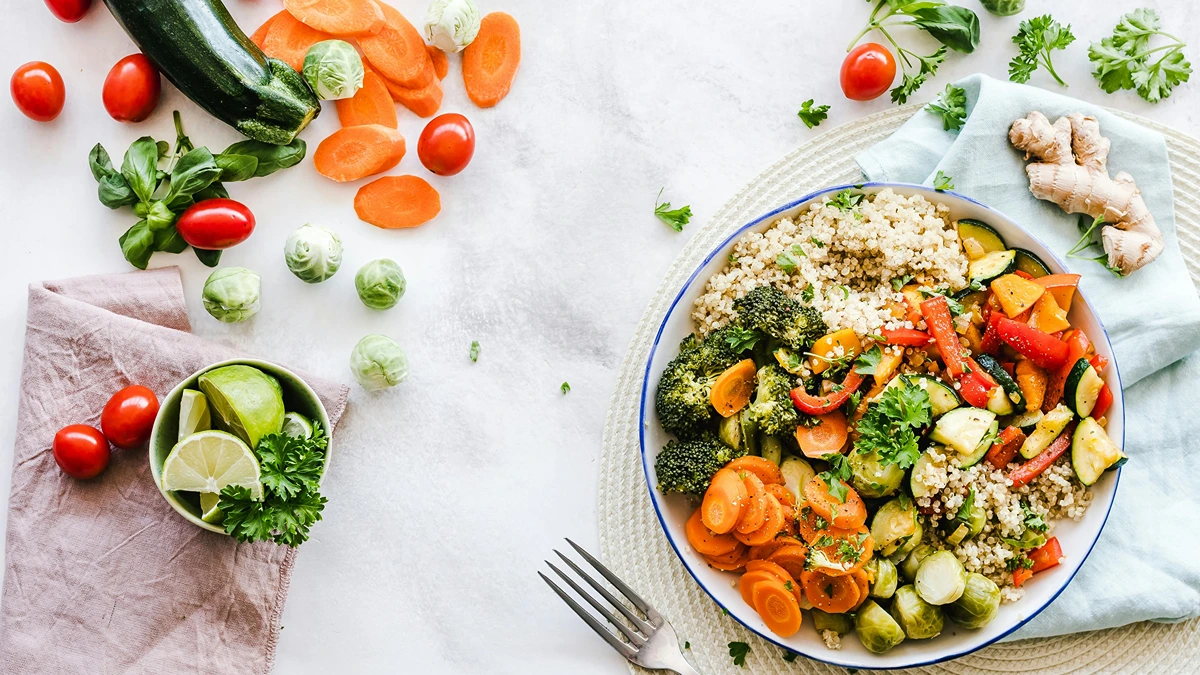These days, women hold themselves to high expectations with multiple roles on both their personal and professional fronts. With these high expectations, physical health is sometimes ignored or not taken care of. Vitamin C is of particular importance to women, as it balances what their diets could be missing and has benefits to their body.
Here are the benefits of vitamin C for women:
Collagen Production
Vitamin C contains powerful antioxidants that is needed for the development and maintenance of arterioles, scar tissues and cartilage. Collagen, on the other hand, is a substance that the body naturally produces but declines as we age. As this water-soluble nutrient plays an integral part in the production of collagen, it is therefore thought to have helped wrinkles and the symptoms and signs of aging.
During pregnancy and lactation
For pregnant and lactating women, the need for Vitamin C increases presumably because it is transferred to the baby as well. During birth complications, it is also though that women have much lower vitamin C status l. Therefore, supplementing pregnant women with Vitamin C can potentially decrease the risk of pregnancy-related complications.
For stress and hypertension
The effects stress brings to be body is various, from hormone production, the menstrual cycle, and fertility in women and men as well as digestion and immune function. When your body is exposed to stressful stimuli, the body makes makes it the priority over many other important processes.
Vitamin C helps in dealing with typical indicators of physical and emotional stress while also decreasing the level of stress hormones. Another side effect is hypertension which could lead to cardiovascular disease in women. Incidences of abnormally high blood pressure can be lowered by the regular intake of Vitamin C.
Increase in iron absorption
Other than that, Vitamin C can help improve the absorption of iron when we eat. Some plant-based sources of iron are hard to absorb. But consuming vitamin C assists in converting iron that is poorly absorbed into a form that is easier to absorb to as much as 67% for every 100mg according to a study. As a result, it may help reduce the risk of anemia among people who are prone to iron deficiency.
Lowers the risk of heart disease
Although stress and lifestyle is linked to the risk of heart disease, Vitamin C have been linked to a reduced risk of heart disease. This is because Vitamin C affects the factors that can lead to heart disease such as high blood levels of LDL (bad) cholesterol and triglycerides.
Menstrual flow regulation
For those of you experiencing menstruation problems, it can be the problem is that you are Vitamin C deficient. Vitamin C can elevate your estrogen levels and lower progesterone levels. As a result, the uterus contracts, lining of the uterus breaks down which leads to the onset of menstruation.
Recommended Doses of Vitamin C
Children aged 1 – 3 years: 15 mg
Children aged 4 – 8 years: 25 mg
Teenagers aged 9 – 13 years: 45 mg
Teenagers aged 14 – 18 years: 65 – 75 mg
Adult Woman 19+ : 75 mg
Pregnant Mothers 19+: 85 mg
Lactating Mothers 19+: 120 mg





